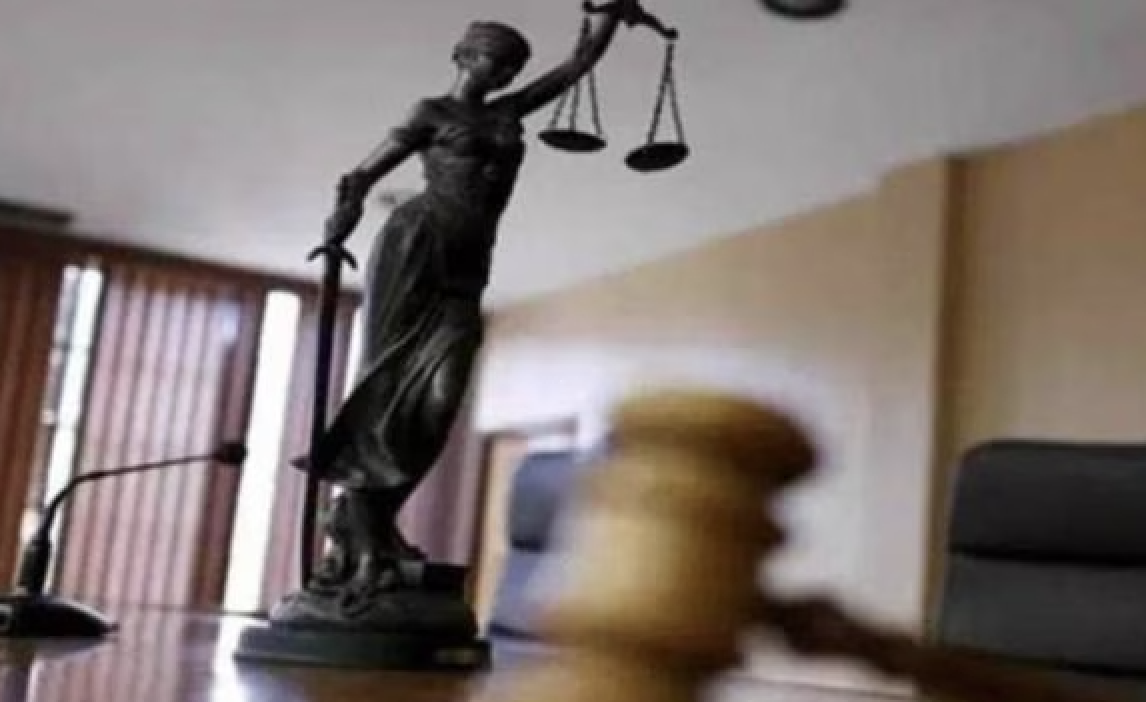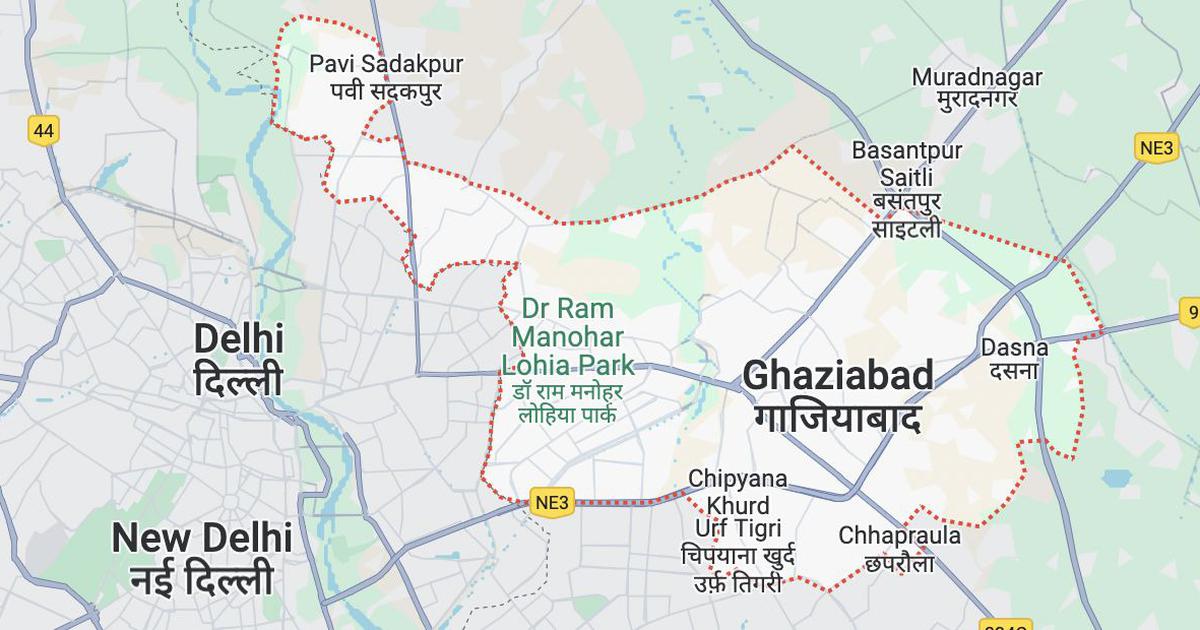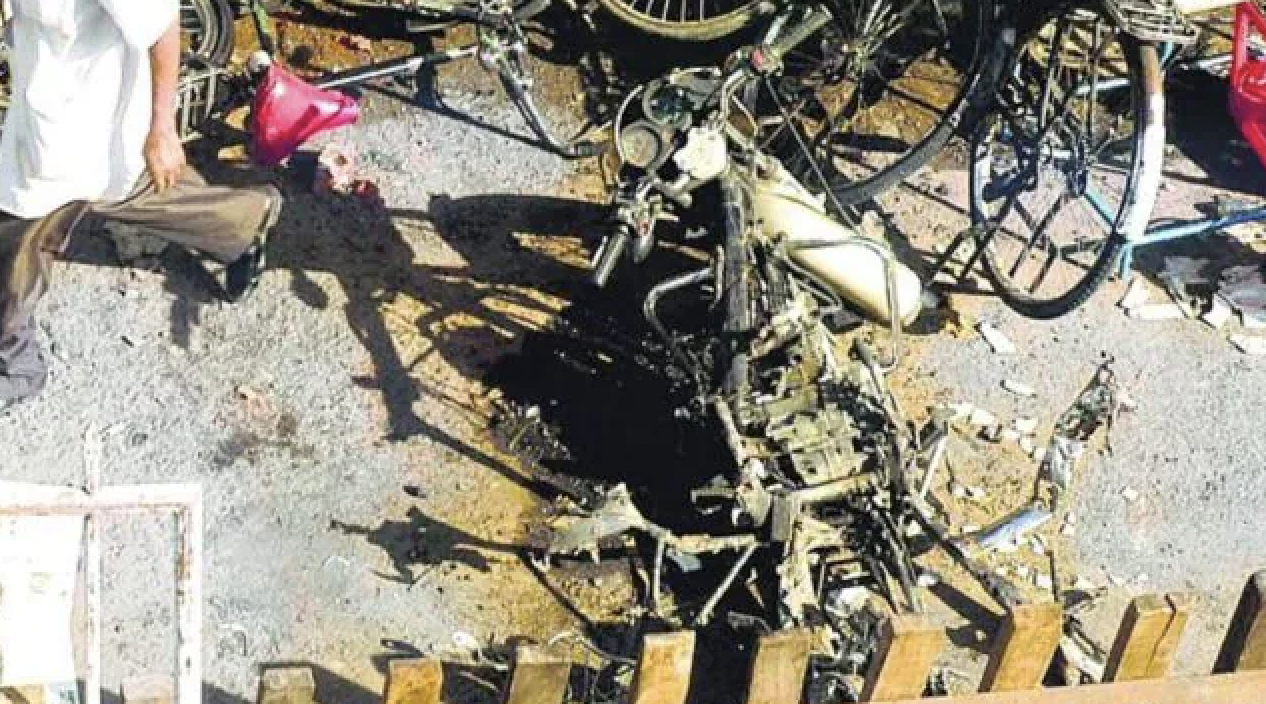
By RATNA SINGH & AREEB UDDIN AHMED / Article14
Lucknow: Whether in New Delhi, Madhya Pradesh (MP) or Gujarat, demolitions of homes and other properties of alleged rioters and others in states either directly administered or otherwise controlled by India’s ruling Bharatiya Janata Party (BJP), are increasingly viewed (here, here and here) as collective punishment.
The targets of demolitions in these four states have been primarily Muslim, and the process unlawful, with these actions violating a series of laws and court judgements—although a 2009 Supreme Court judgement arguably justified a breach of due process in the confiscation of property during a protest.
Sometimes, the justification for these demolitions has been couched as ongoing action against encroachments, as in New Delhi on 20 April 2022, four days after a riot during a religious procession that had been refused permission by the police.

At other times, there has been little attempt to find justification, as in Madhya Pradesh on 11 April.
“Jis ghar se patthar aaye hain, us ghar ko pattharon ka hi ghar banayenge (Whichever houses were involved in stone pelting, we will turn into piles of stones),” said home minister Narottam Mishra.
Anas Tanwir, a lawyer from Delhi said there were various provisions of the Indian Penal Code 1860 (section 146—rioting; section 153-A—promoting enmity) that allowed the police to file criminal cases and act against alleged rioters.
In an interview to NDTV, Mishra made the targets of the demolition explicit and acknowledged the law was being bypassed. “If Muslims carry out such attacks, then they should not expect justice,” he said.
Such use of bulldozers has become a part of the BJP’s electoral narrative, deployed successfully in Uttar Pradesh, where chief minister Yogi Adityanath was called “Baba Bulldozer”, as he won an unprecedented second term in March 2022.
Citing the demolitions in MP, UP, Gujarat and New Delhi, BJP leaders in Karnataka are now demanding similar action by their government, all going against not just the law but natural principles of justice.
Audi Alteram Paltrem: The Right To Be Heard
One of the cardinal principles of natural justice is that no one should be condemned without being heard. This was, clearly, not followed in the case of the demolitions.
Audi alteram partem comes from Latin and means “Listen to the other side” or “let the other side be heard as well”. It is a fundamental legal principle in which each party is entitled to a fair hearing and given the opportunity to respond to evidence against them.
Arbitrary demolitions not only reverse the burden of proof against the alleged offenders, but also prevent those accused from defending themselves.
“This is blatantly illegal & comes after the local police allowed violently provocative Hindu… processions near mosques,” tweeted Supreme Court advocate Prashant Bhushan after the demolitions in Jahangirpuri. “Will the Supreme Court watch the bulldozing of our Constitution?”
The wave of demolitions disregards landmark Supreme Court judgements in 1985 and 2017, which ruled that evictions and demolitions must: follow clear rules and procedures; include “meaningful” consultation; be “fair, just and reasonable”; and be “consistent with rights of life and dignity”.
None of these directions have been in evidence in the use of bulldozers against alleged and—as we noted—primarily Muslim rioters, with demolitions violating municipal and other laws and, in the case of MP and UP, even special laws promulgated to hasten action against rioters and protestors.
‘Unconstitutional, Unauthorised Demolition’
“Unconstitutional, unauthorised demolition is taking place in Jahangirpuri where riots took place,” senior advocate Dushyant Dave told the Supreme Court on April 20, a day before the court ordered “status quo” to be maintained till 9 May.
“We will take a serious view of the demolition which was carried out even after Supreme Court orders, even after the NDMC Mayor was informed. We will take that up later.” the court said
On April 21, Justices L Nageswara Rao and B R Gavai said they would address the apparent disobedience of their order to cease demolitions.
“We will take a serious view of the demolition which was carried out even after Supreme Court orders, even after the NDMC (North Delhi Municipal Corporation) Mayor was informed,” said the judges.
In Sudama Singh & others vs Government Of Delhi 2010, the Delhi High Court held that before any eviction, it was the duty of the State to survey all those facing evictions and to plan a rehabilitation plan in consultation with the “persons at risk”.
None of that was followed in Jahangirpuri.
Previous demolitions in Gujarat, UP and MP, where houses and shops were demolished, followed a similar pattern of quick, almost instinctive action against alleged rioters, disregarding even local laws specifically promulgated to allow such punitive action.
In 2020, the UP assembly passed the Uttar Pradesh Recovery of Damages to Public and Private Properties Act 2020, which allows the government to put up posters or hoardings listing or displaying protestors and recovery of damages caused to public and private property during political agitations, processions and demonstrations.
In 2021, the MP assembly passed the Madhya Pradesh Prevention and Recovery of Damage to Public and Private Property Act, 2021, which authorises the government to force compensation payments from those accused of causing damage to public and private property, whether during riots or protests or otherwise.
Recent demolitions in the town of Khargone, MP, were not covered by the Madhya Pradesh Prevention and Recovery of Damage to Public and Private Property Act, which does not provide for demolition as a punishment.
Even MP & UP Laws Allow Right To Be Heard
Both the MP and UP laws that provide for recovery of damages from rioters and protestors prescribe the right of those accused to be heard, in particular before a tribunal.
The law in UP requires tribunals to give their decision within a year and in MP within three months.
The law in MP says ‘owners’, ‘tenants’, ‘lease holders’, ‘jhuggi walas’ and ‘thela walas’ can claim damages for property vandalised during riots or protests.
In UP, government action taken to shame protestors during 2020 protests against the Citizenship Amendment Act (CAA) 2019, a law that discriminates on the basis of religion, was struck down by the Allahabad High Court.
Taking suo motu cognisance of the shaming, the court ordered the UP government to take down posters that displayed images of those accused of having destroyed public property during anti-CAA protests, terming the action as a violation of Article 21 (right to privacy) of the Constitution.
“In entirety, we are having (sic) no doubt that the action of the State which is subject matter of this public interest litigation is nothing but an unwarranted interference in privacy of people,” the high court said on March 9, 2020. “The same, hence, is in violation of Article 21 of the Constitution of India.”
In Zenit Metaplast Pvt. Ltd. vs State of Maharashtra (2009), the Supreme Court held that every action of the State should not only be “fair, legitimate and above board” but should be “without any affection or aversion”.
The Supreme Court noted the procedure required: a show-cause notice, an opportunity to be heard; and only then an order of demolition. It said every actin of the State “should neither be suggestive of discrimination nor even apparently give an impression of bias, favouritism and nepotism”.
Laws In Every State Require Due Process
India does not have a union law that regulates such demolitions, but every state has its own laws and procedures.
Even under criminal law jurisprudence, an individual has to be sentenced before a punishment is handed down or fine levied, but no one can be held guilty without due process. In other words, properties cannot be demolished without following the process of the law, which may allow for easier demolitions but not a short-circuiting of Constitutional rights.
For instance, section 7 of The Slum Areas (Improvement and Clearance) Act 1956 simplifies the process of demolition in those areas deemed “unfit” for human habitation.
Clause 2 of section 7 states that in such cases a notice “shall be served” on the owner of the building and “upon any other person having an interest in the building/house”; the notice must specify reasons for such a demolition; and the owner has right to be heard.
A building to be demolished must be vacated within “not less than 30 days” from the date of the order, and it must be demolished within six weeks “after the expiration of that period”, according to clause 2.
Similarly, section 368 of the Delhi Municipal Corporation Act 1957 states that even if the commissioner orders a demolition then the building “shall be vacated within a period to be specified in the order not being less than thirty days from the date of the order, and that it shall be demolished within six weeks after the expiration of that period”.
That means residents or owners must be given the opportunity to vacate or defend themselves, none of which was followed in the Jahangirpuri demolitions. On April 21, the Supreme Court asked local residents to file affidavits that no notices were given.
Further, section 247 of the New Delhi Municipal Council Act, 1994 also clarifies that if a demolition is being carried out then no order of demolition shall be made unless the person has been given by means of a notice served and “a reasonable opportunity of showing cause why such order shall not be made”.
“No order of demolition shall be made unless the person has been given by means of a notice served in such manner as the Chairperson may think fit, a reasonable opportunity of showing cause why such order shall not be made”, reads section 247 of New Delhi Municipal Council Act, 1994
The Delhi Street Vendors (Protection of Livelihood and Regulation of Street Vending) Scheme 2019 was notified in April 2019. It says that a street vendor who does not have a certificate of vending and vends without such a certificate may be given a 30-day notice to vacate the site, with an additional reminder notice on the 15th day.
In MP and other states where bulldozers were used, such notices did not appear to have been served, and even in case they were served then reasonable time was not given to these residents and owners.
In MP, Law Requires Notices & Safety Certification
The Madhya Pradesh Bhumi Vikas Rules 1984 (rule 6) require “a careful and detailed study” of a structure, including its surroundings, “before commencing any work of demolition”.
Rule 35 talks about “Demolition of Building”, which suggests that before a building is demolished, the owner shall be notified of service connections within the building, including water, electric, gas and sewer.
Permission to demolish a building shall not be issued until a release is obtained from the utilities, stating that their respective service connections and “appurtenant equipment”, such as meters and regulators. have been safely removed or sealed and plugged.
It appeared apparent that demolitions in MP were, as many said, illegal and arbitrary, as they failed to justify legal grounds and government authorities contradicted each other.
Addressing the core issue of demolitions that violated the law, retired Supreme Court Justice Madan Lokur asked: “Under what provision can they demolish their house for an offence which hasn’t been proved?”
“If in a civil offence where someone owes money to somebody else and does not pay the amount, even then residential places cannot be taken away,” said Lokur, who said courts should intervene to stop such demolitions.
Local police in MP claimed that they demolished illegal encroachments, while the MP home minister said the demolitions were a response to rioters and stone-pelters.
The Rights To Life, Food, Clothing & Shelter
The Supreme Court has previously held that evictions and demolitions by governments must consider the right to life.
In Shantistar Builders vs Narayan Khimalal Totame 1990, the Supreme Court held that the right to life would include more rights.
“The right to life would take within its sweep the right to food, the right to clothing, the right to a decent environment and a reasonable accommodation to live in,” said the Supreme Court.
“The difference between the need of an animal and a human being for shelter has to be kept in view,” said the court. “For the animal it is the bare protection of the body, for a human being it has to be a suitable accommodation which would allow him to grow in every aspect—physical, mental and intellectual.”
India’s courts have often recognised the right to shelter as one of the most important fundamental rights. It provides protection against forced evictions, arbitrary interference with privacy and family and arbitrary destruction and demolition of one’s home.
In the case of Olga Tellis vs Bombay Municipal Corporation the Supreme Court in 1985 held that the “right to life includes right to livelihood and shelter”, since they were important components of the right to life under Article 21 of the Constitution.
This landmark judgement further expanded the scope of Article 21 to include the right to livelihood and shelter.
“If the right to livelihood is not treated as a part of the constitutional right to life, the easiest way of depriving a person of his right to life would be to deprive him of his means of livelihood to the point of abrogation,” said the Supreme Court in the Olga Tellis judgement.
“Such deprivation would not only denude the life of its effective content and meaningfulness but it would make life impossible to live,” said the court.
Other judgements have taken this interpretation further.
The Allahabad High Court in the landmark case of Rajesh Yadav vs State of UP 2019, observed that the right to shelter was a fundamental right granted under Article 19(1) (e) read with Article 21 of the Constitution.
However, the court in this case also held that if the State had reasons and still wanted to demolish the premises then officials had to first find a replacement.
This article first appeared on article-14.com






